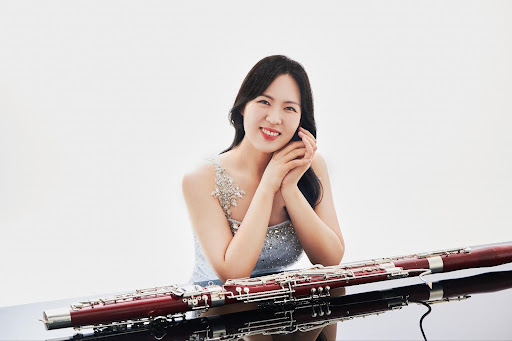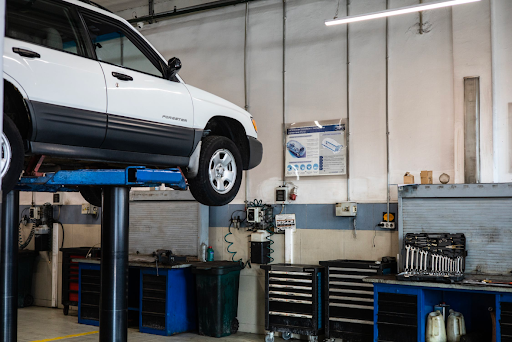It was a rainy summer day in 2009 when Soo Yeon Lee sought shelter in a quaint church, stumbling upon a rehearsal that would shape her destiny. The bassoon’s deep, warm melody reverberated through the quiet halls, weaving around the pews and seeping into the heart of the 14-year-old.
Soo Yeon was enchanted, the notes igniting a flame that would one day blaze across the prestigious stage of Carnegie Hall. The narrative of this young, talented musician isn’t just about mastering the bassoon it’s a tale of bridging worlds, entwining cultural roots with contemporary sounds, and introducing a fusion of Korean and Western musical realms to a sold-out crowd in New York City.
An Intercultural Musical Odyssey
Music has always played a crucial role in connecting people, a truth deeply understood by Soo Yeon Lee. From a tender age, she was drawn to the resonant melodies of Korean traditional folk songs, which she sees as a reflection of her people’s lives and heritage. Her aspiration was a dream nestled in her heart that found its wings on the illustrious stage of Carnegie Hall on the night of October 10, 2023.
Choosing Jiyoun Chung’s “Ariaria for Bassoon” for the 2023 Carnegie Hall performance was not a random selection; it was Lee’s deliberate attempt to create a bridge between two countries, the US and Korea. She aimed to introduce Eastern, especially Korean music, to the Western audience, utilizing the profound voice of music to deliver a message and connect people.
Reviving Korean Heritage Through Modern Strings
Jiyoun Chung’s “Ariaria for Bassoon” takes listeners on a musical journey through Korean heritage. The piece draws inspiration from the traditional folk song Arirang, blending it with modern elements to create a unique narrative highlighting the country’s rich cultural tapestry. Each movement of the piece offers a glimpse into different aspects of Korean culture, from the Chang of Pansori to the strings of Haegeum and the winds of Daegeum. As the bassoon’s notes mimic the distinct Korean singing technique and the sounds of traditional instruments, the audience is transported across continents, experiencing a seamless fusion of past and present, East and West.
Lee’s mastery of the bassoon allowed her to traverse this cultural narrative effortlessly, providing a gateway for Western listeners to appreciate the beauty of Korean musical ethos.
The result was a sold-out concert, with audiences diverse in race, captivated by the blend of Western classical and Korean traditional elements. The Westerners, in particular, were fascinated as they were introduced to a piece based on Korean traditional elements, a rarity in their experience. The performance spurred curiosity among the audience, leading many to approach Lee to learn more about the piece and Korean culture. Lee was filled with profound satisfaction as she realized her aspiration of building a bridge between Korea and the US had come to fruition on that stage.
“Performing at Carnegie Hall wasn’t just about fulfilling a personal dream; it was about sharing the harmonious blend of Korean and Western musical traditions,” Lee reflects. This intentionality was the heart of her performance, marking it as an intercultural encounter, a realization of a dream sown on a rainy summer day years ago.
A New Horizon for Classical Music
As the applause resonated through the venue, it wasn’t just a celebration of a successful recital but a new horizon in the classical music sphere. With her delicate yet powerful bassoon, Soo Yeon Lee had spun a narrative that transcended cultural and musical boundaries, hinting at a future where classical music is a melting pot of global traditions.
“I want to continue bridging cultures through music,” Lee expressed, her aspirations resonating with every note she played that evening. The resonance of Korean traditional music within the classical hallways of Carnegie Hall wasn’t just a personal triumph for Lee; it was a step towards a future where the world’s musical heritage finds common ground on the global stage. Through Soo Yeon Lee’s journey, the possibility of a more inclusive classical music realm does not seem like a distant note but a burgeoning reality awaiting the next melody.
Author: Anne Schulze is a versatile writer with expertise in lifestyle, travel, entertainment, and technology. She stands out for her insightful and compelling write-ups







